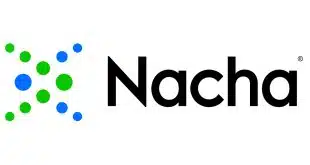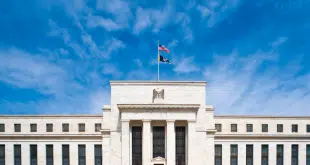The viral popularity of peer-to-peer payments among younger consumers hasn’t gone unnoticed at the massive social networks that serve their needs for instant communication. Facebook Inc. on Tuesday said it has introduced a P2P payments service on its Messenger platform and will be rolling it out across the country “over the coming months” for mobile devices running Android and iOS and for desktop computers.
As with Square Inc.’s similar Square Cash service, both senders and receivers on Messenger must have a debit card. On his first transaction, the sender enters his debit card number, taps a dollar-sign icon, enters the amount, and hits a “pay” button, which sends a message to the person with whom he is conversing.
To claim the funds, the receiver opens the conversation within Messenger and taps “add card” to enter her debit card details if it’s a first-time transaction for her. The funds will settle into the bank account associated with her card within a few days.
The implications of Facebook’s move for the P2P business are huge. The Menlo Park, Calif.-based social network claims 1.4 billion users globally, including 157 million in the U.S. and Canada who use the network every day. “The established network is very large, which will enable a strong reach for transfers,” notes Beth Robertson, a payments researcher based in the Baltimore area, via an email message to Digital Transactions News.
At the same time, P2P payments services like Venmo, managed by PayPal Inc.’s Braintree unit, have made big strides with the younger audience networks like Facebook cater to. Venmo’s volume jumped 50% in just three months last year, rising from $468 million in the second quarter to $700 million in the third, according to the latest figures available.
Venmo in 2014 introduced a feature called Venmo Touch that links users’ funding accounts and allows them to make payments by simply tapping a “pay” button. The technology has proven so popular it has since been adopted by Braintree for mobile payments to online merchants.
As a result of surges like this, Forrester Research forecasts mobile P2P volume will soar from $5.3 billion last year to $11.9 billion by 2017.
It’s not likely that results and forecasts like this have gone unnoticed at Facebook, which last spring hired David Marcus away from PayPal, where he had been president since March 2012. After that hire, which placed Marcus in charge of Facebook's messaging apps, observers expected the network to make some major moves in payments. A Facebook spokesperson tells Digital Transactions News that the company was working on a payments application for Messenger before Marcus's arrival.
Besides giving the network another hook with users, the new service will also hand Facebook a potentially useful “cache” of debit card data, Robertson points out. “There will be the opportunity to leverage that in other ways, [such as with] data services, e-commerce,” she says.
A drawback in comparison with bank-sponsored P2P services, she says, is that users won’t know right away if they have sufficient funds. “Facebook does not say how rapidly a user would know if a transaction was NSF or whether there are any fee implications,” she says. “One benefit of making a transfer through a bank is that you know immediately if you have the required funds for the transfer.”
The Messenger P2P service is far from Facebook’s first foray into the payments arena. Its most ambitious effort was Facebook Credits, a digital currency it discontinued in 2012 after pushing it for digital-good purchases. Later that year, the network added a carrier-billing capability for the same purpose
And last year it began testing a “buy” button to let members purchase products from businesses without leaving the Facebook platform







